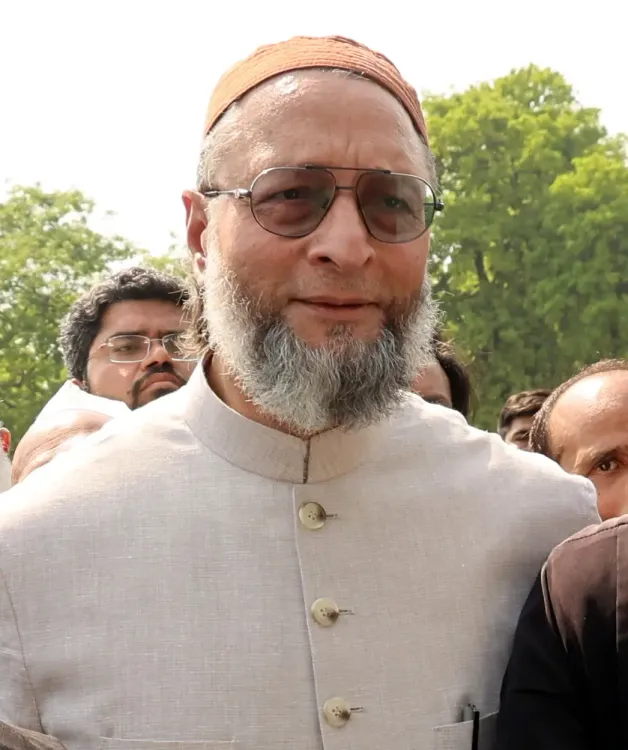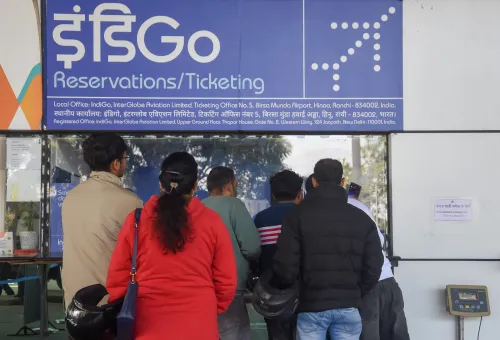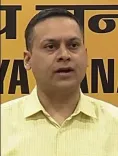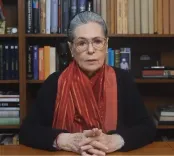Why is Owaisi Urging for an Immediate Caste-Based Census?

Synopsis
Key Takeaways
- Owaisi advocates for immediate caste-based census.
- Last census was conducted in 1931.
- Essential for understanding community benefits.
- Condemns violence against tourists in Jammu and Kashmir.
- Opposes the unconstitutional Waqf (Amendment) Act.
Kolkata, May 2 (NationPress) The chief of the All India Majlis-e-Ittehadul Muslimeen (AIMIM) and Lok Sabha member, Asaduddin Owaisi, on Friday called for the urgent initiation of a caste-based census across the nation.
Addressing reporters outside the Bagdogra Airport near Siliguri in the Darjeeling district of West Bengal, Owaisi elaborated on the reasons behind his party's support for such a census.
“The caste-based census should commence without delay. I urge the BJP and the National Democratic Alliance government to set definitive timelines for both the commencement and completion of this process. The last caste-based census was held in 1931. This census will clarify who benefits from government schemes and who does not. It will also show land ownership and residential status, highlighting community progress. Understanding these aspects is crucial,” Owaisi stated.
Upon his arrival at Bagdogra from Delhi, he proceeded to Bihar by road.
At the airport, he engaged with the press before heading to Bihar, firmly voicing his stance on the necessity of a caste-based census.
Owaisi mentioned that this census would also provide insights into the status of Muslims migrating from other regions. “Nations like the USA have strengthened through such initiatives, making it imperative for India as well,” he remarked.
Additionally, he condemned the brutal murder of several tourists in Pahalgam, Jammu and Kashmir, last month, labeling the selective targeting of tourists identified as Hindus as a despicable act.
He affirmed his party's support for the Union government's measures against Pakistan and terrorist factions in retaliation for these heinous acts. “Reports suggest that Pakistani terrorists were involved. They isolated women and children, subsequently questioning male tourists about their religion before executing selective killings. This is a grave atrocity. Therefore, we stand firmly behind any initiative by the Union government against Pakistan and its terror affiliates,” Owaisi asserted.
Nonetheless, he expressed continued opposition to the Waqf (Amendment) Act, describing it as unconstitutional. “We are against this initiative; however, we do not support violence during protests against it,” Owaisi clarified.
His remarks hinted at the recent communal clashes in Murshidabad district of West Bengal, which erupted during protests against the Waqf (Amendment) Act.










